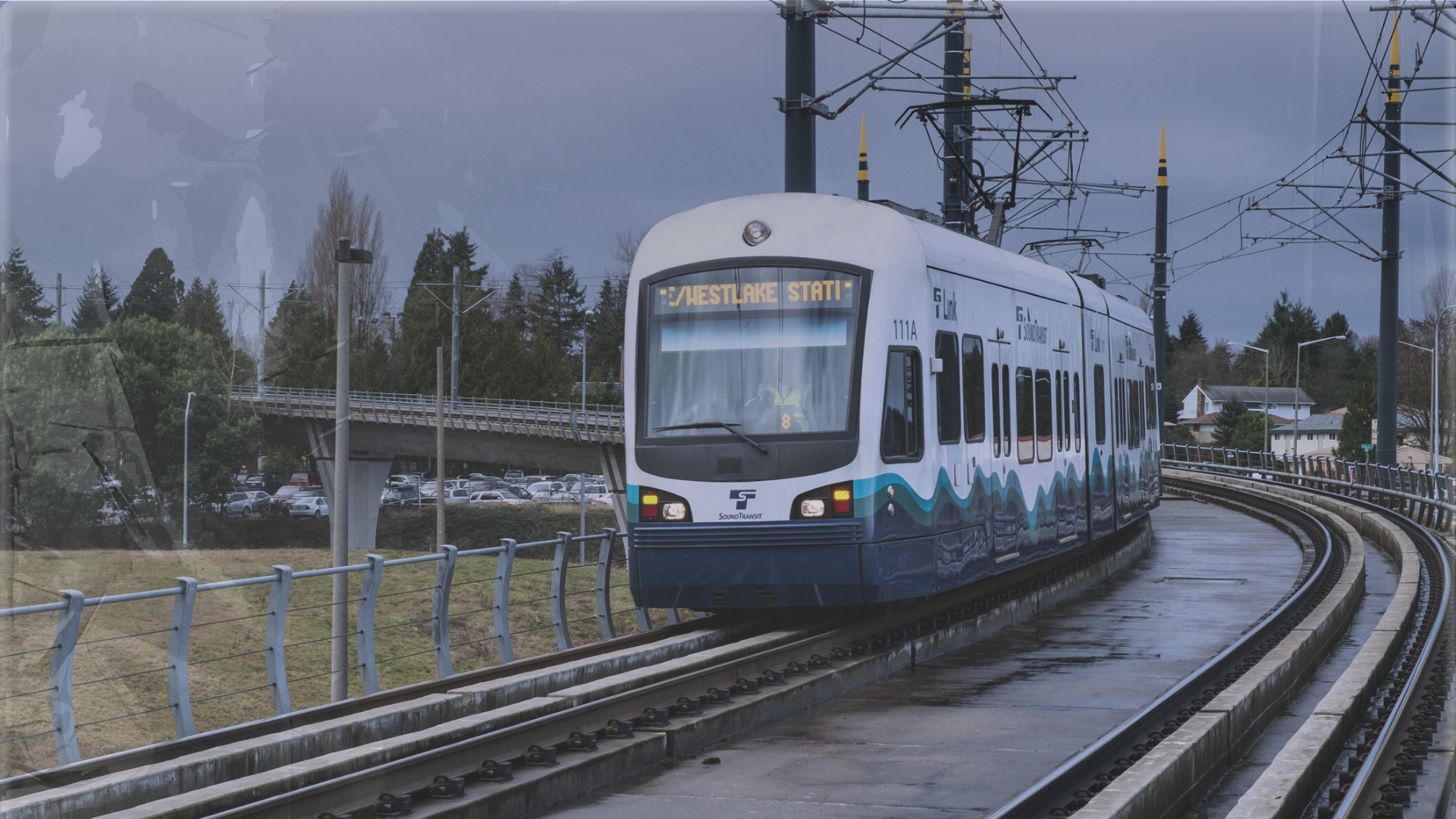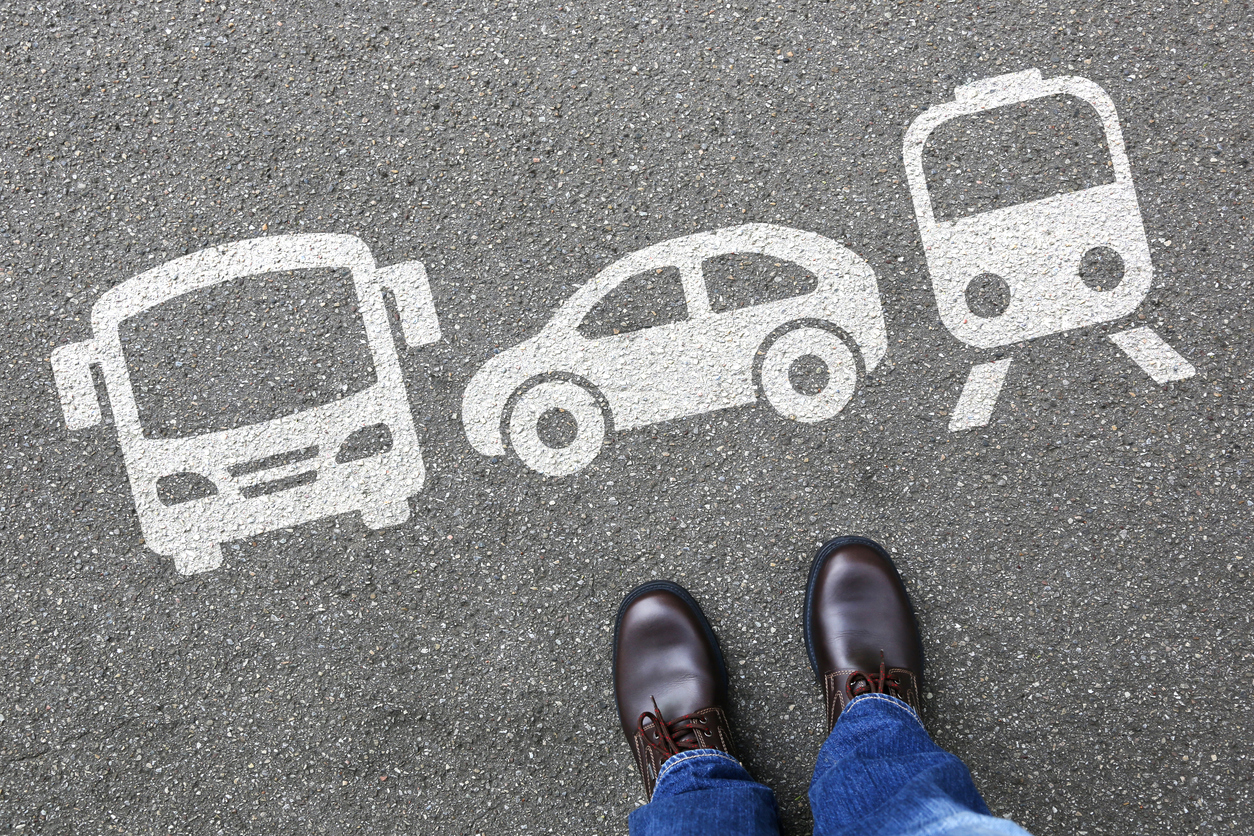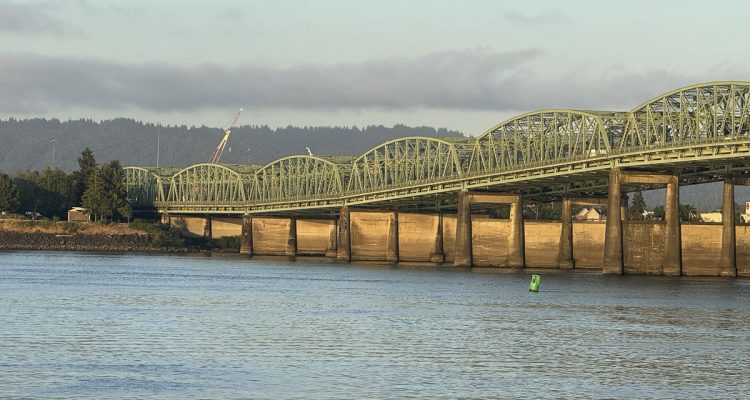The Seattle Times Traffic Lab, in response to reader feedback, answered the question: “Is it possible to speed up the construction of light rail? If so, how?”
A more realistic question is “Is it possible for Sound Transit to deliver light rail projects on time? If so, how?”
Sound Transit officials like to say that the age of cost overruns is over, yet just in the last few years, we have read about cost overruns and delays on University Link, East Link, Lynnwood Link and Federal Way Link. Just for parking at a Sounder train station in Kent, cost overruns increased by 86%, with each parking space costing roughly $118,000. Sound Transit officials have attributed the overruns to economic circumstances they couldn’t forecast a few years out, while simultaneously expecting the public to spend billions based on even greater 20-year forecasts for the region.
The Traffic Lab addressed several ways Sound Transit could deliver light rail faster, including expediting permitting and planning in advance, and getting more money from the public.
Speeding up how long it takes to get through environmental permitting is a strategy that both transit agencies and our state department of transportation could greatly benefit from. WPC has advocated for expedited permitting for years to help reduce costs to taxpayers, while allowing agencies to spend less time on paperwork and more time on bringing tangible value to the traveling public. All transportation agencies should seek to do this, even if this requires challenging debates and reforms at both the state and federal level, to save taxpayers money and deliver needed improvements sooner.
Transit boosters like Transportation Choices Coalition say that getting light rail to the public quickly is actually not a top priority, on the basis that communities that aren’t engaged in the planning process could get displaced. In reality, homes, businesses, charities, churches, and schools have and will continue to get displaced whether they engage or not. Ron Sims, former King County Executive and Sound Transit Board Chair, noted that Sound Transit should try to take people’s personal property and wealth even sooner if they can. “Go out and get it,” he told the Lab.
Another councilmember said delays are okay if the projects are done “right,” because “the light-rail alignment we build now will serve us for over a century.”
That hasn’t been the position of Seattle city and agency officials who have spoken out again and again against providing the public with car tab tax relief, saying that losing the tax overcharges would be a “nightmare scenario” for Sound Transit and could cause massive delays. In other words, delays are acceptable and beneficial if initiated by Sound Transit – but delays are a nightmare if initiated by the public seeking tax relief.
Further, the idea that rail will serve our growing region for over a century is foolish. “A century ago more than a thousand American cities had some form of rail transit,” said Randal O’Toole, Senior Fellow at Cato Institute. “All but eight of them scrapped the systems when they wore out (which rail lines do about every 30 years) because they were obsolete. Seattle light rail is already obsolete, so it is doubtful that the city will keep them going for a century.”
On finding more money, the Traffic Lab reports that Sound Transit wants to get the Federal Transit Administration to increase the agency’s share of federal dollars. One suggestion from LA Metro is to increase the federal fuel tax, which has remained at 18.4 cents per gallon since 1993. About 20% of what drivers pay today to the federal government is diverted to transit and other non-highway purposes.
It’s not surprising that transit agencies have their eye on this money. If only there was a way to divert state driver taxes and fees to transit somehow too, which is currently protected by the state’s 18th amendment for highway purposes only. I hear there might be a more politically malleable mechanism in the works that could “replace” the gas tax and allow more diversion of money from roads and highways to transit.
Other suggestions from LA Metro for getting more money from people include public-private partnerships, parking fees, and “private lending, easy property takeovers, or extra local-government or landowner money” becoming available. Another favorite of both LA Metro and Seattle officials is congestion pricing, which LA Metro’s CFO calls “a socialist’s dream.”
Recently, the state legislative Joint Transportation Committee released a report on state capital transit needs. The report noted there is $278 million in “untapped capacity” in remaining annual local sales taxes, which officials can get if they can convince voters to approve a 0.9% sales tax for every agency in the state. The report also recommends a carbon tax, payroll tax, and additional funding in the state transportation package to fund transit.
These funding ideas, which treat working families like bottomless sources of cash, can make one’s head spin - especially those in the Puget Sound who currently pay about $650 a year per median household to Sound Transit.
It makes sense for people who are paying this much money to want projects sooner. However, if Sound Transit really wanted to serve the public and deliver projects in a more cost-effective and timely way, they would be doing it. Instead, agency officials routinely deliver projects late and over budget, then say they could meet even more ambitious deadlines if only they had more money, politics weren’t so hard, and local jurisdictions were more compliant.






